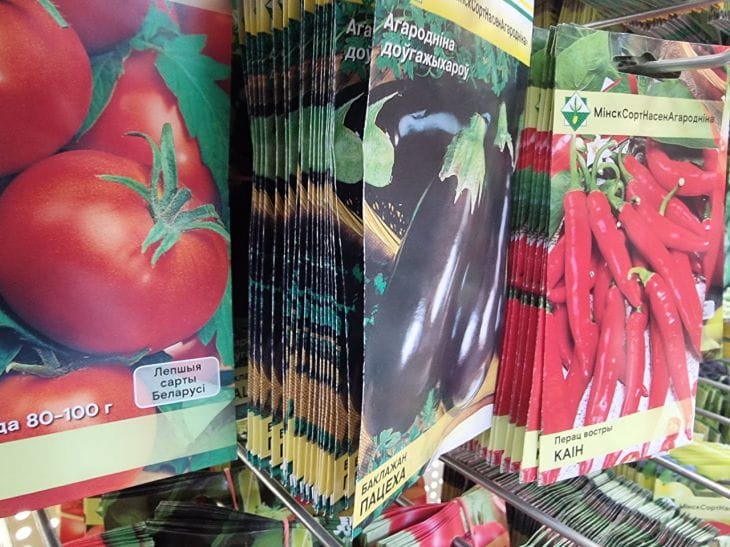Do you keep your seeds warm? In vain!
Agronomist Mikhail Svetlov, author of the bestseller “Smart Garden,” said in an interview with Modern Farmer magazine: “Freezing seeds in February is not a fad, but a technology that all professional greenhouses use.”
It turns out that a short-term “cold shock” awakens dormant embryos and doubles the energy of germination.

A study in the Journal of Seed Science confirms that after freezing, tomatoes sprout 3 days faster, and cucumber yields increase by 25%.
"I used to laugh at my neighbors who put bags in the freezer. Until I tried it myself," Olga from Kazan writes in her blog "Dachny Detective."
Last year, she froze pepper seeds for 48 hours and germination rates jumped from 60% to 95%.
Her experiment repeats the method of biologist Anna Krylova , who proved back in 2010 that short-term cold destroys growth inhibitors in the seed coat.
But there is a catch. Not all crops like frost. Parsley or carrots - yes, but eggplants or basil will die.
“I froze pumpkin seeds for a day, as advised, and they rotted in the ground,” complains Dmitry, a user of the Garden World forum.
Agronomist Svetlov warns: "Only temperate climate crops can withstand such stress. Tropical plants cannot."
What's the right way? Place dry seeds in a sealed bag, put in the freezer for 12-72 hours (the exact time depends on the crop), then gradually warm up at room temperature.
The Gardeners' Chronicle advises repeating the procedure only once, otherwise the effect will be reversed.
Start “waking up” the seeds for early sowing as early as February.
As gardening blogger Irina Grosheva writes: “After freezing, even old cucumber seeds sprouted like new!”
Try it out in practice - and your beds will explode with harvest, while your neighbors wonder what the catch is. And if you doubt - ask those who are already taking the risk. Or continue to store the seeds in the closet... like museum exhibits.
